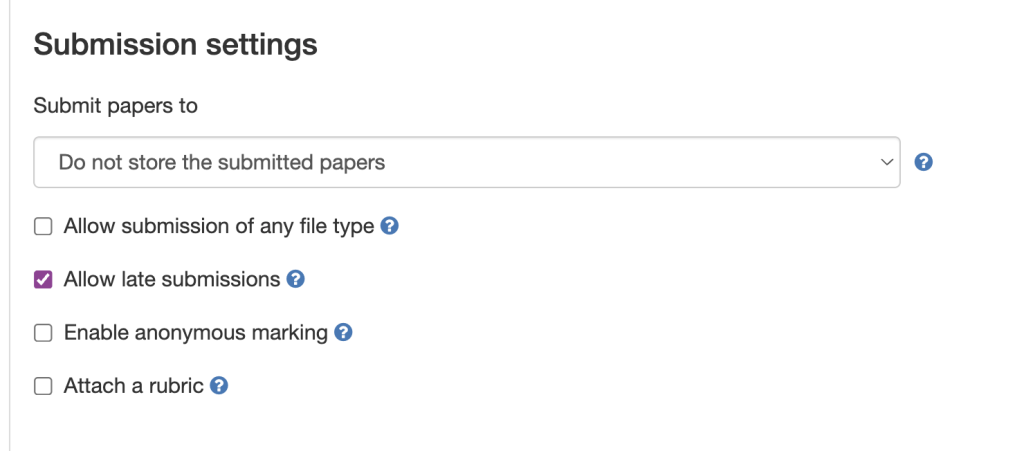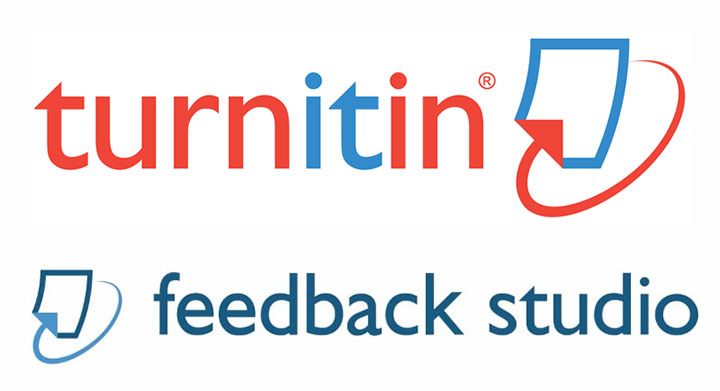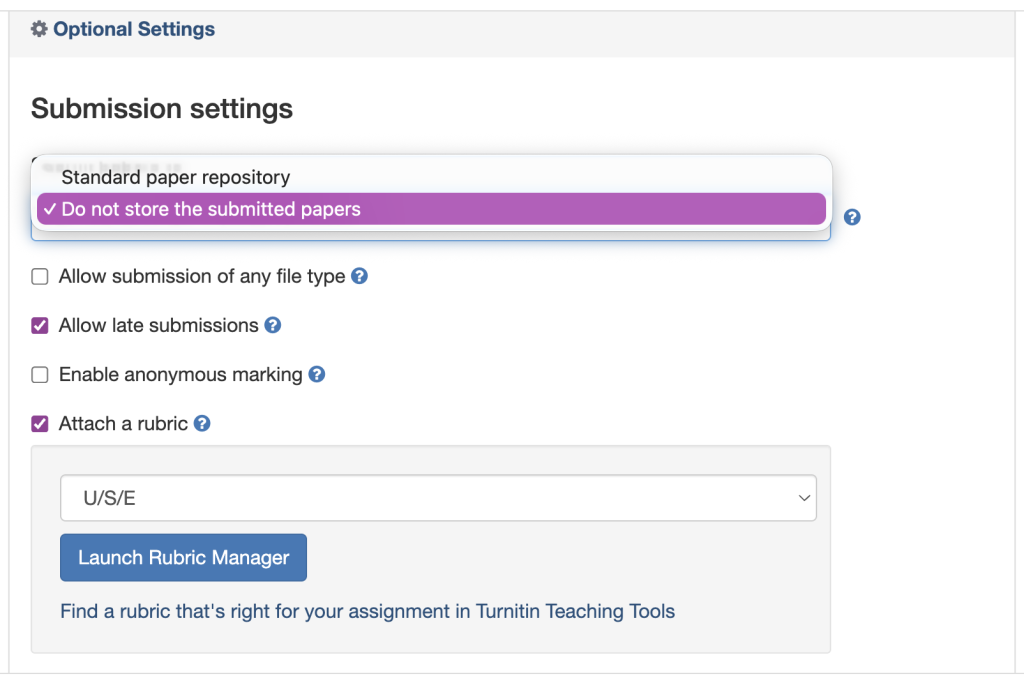Grades are passed from Turnitin to the Moodle Gradebook via a secure “handshake.” While this is generally more reliable than older versions, you may occasionally find that a grade appears in the Turnitin Inbox but is missing from your Moodle Gradebook. Below are the most common causes and the steps you can take to fix them.
1. The “Self-Fix”: Resend Grades to LMS
If a specific grade (or the whole class) is missing from Moodle, your first step should be to manually trigger a sync. This “pokes” Moodle to look for new data from Turnitin.
- Enter the Turnitin Assignment Inbox in Moodle.
- Look for the Sync Roster icon (circular arrows) or the Resend Grades to LMS button in the top right header.

- Click the button and wait for the “Success” notification.
- Check your Moodle Gradebook to see if the marks have appeared.
2. Max Grade Conflict
A sync failure occurs when the maximum possible points in Turnitin and Moodle are different values.
If Turnitin has a “Max Grade” of 100 but the Moodle Activity is set a Max Grade of 0, the sync will fail.
Go to Edit Settings for the assignment in Moodle. Check the Grade section. Ensure the “Type” is set to “Point” and the “Maximum grade” matches the value you set in the Turnitin settings.
Be sure to “Save” and then Resync.
3. Anonymous Marking & The Release Date
If your assignment has Anonymous Marking enabled, grades are intentionally blocked from syncing to Moodle to protect student identities during the grading process.
Grades will not sync with Moodle until the Feedback Release Date passes. If you need the grades in Moodle sooner, you must set the Feedback Release Date in Turnitin to a time in the past. This will force all student names to be revealed and push all grades to Moodle.
4. The “Refresh Roster” Trick
Sometimes a student is enrolled in Moodle but hasn’t been “seen” by Turnitin yet, which prevents their grade from being assigned a value.
- In the Turnitin Inbox, click the Refresh Roster icon (usually next to the Sync button).
- This forces Turnitin to check the Moodle participant list.
- Once the student’s name appears correctly in the Turnitin list, their grade should sync within a few minutes.













